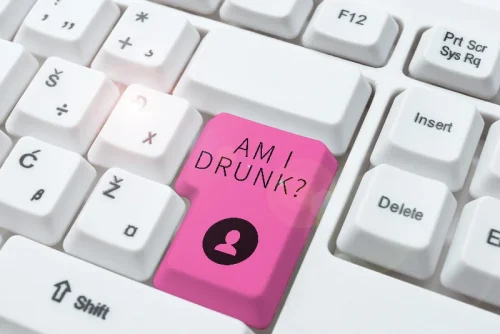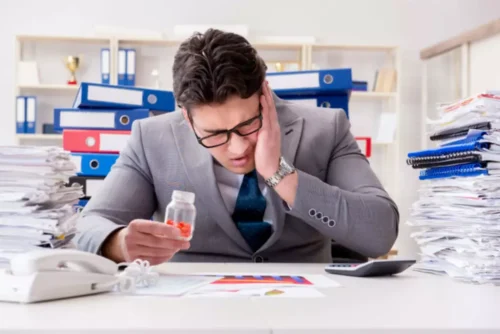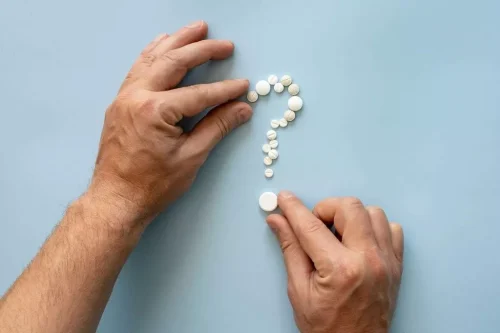
Some experts link excessive alcohol consumption to the development of epilepsy. Alcohol withdrawal is a potentially serious complication of alcohol use disorder. It’s important to get medical help even if you have mild symptoms of withdrawal, as it’s difficult to predict in the beginning how much worse the symptoms could get. For mild alcohol withdrawal that’s not at risk of worsening, your provider may prescribe carbamazepine or gabapentin to help with symptoms. Because of the risk of seizures and other serious symptoms, detoxing from alcohol should only be attempted with medical support. The researchers also found that the risk of epilepsy increased as alcohol consumption increased.
WHAT WE TREAT
- In these models, animals are exposed to alcohol by intragastric intubation, inhalation, or feeding in a nutritionally complete liquid diet for periods of 2 to 21 days.
- You might also take anti-seizure meds and antipsychotics, along with other drugs.
- Alcohol works in the brain by influencing a chemical called GABA, or gamma-Aminobutyric acid.
- Many of the effects of drinking every day can be reversed through early intervention.
- There is no recognized treatment to slow or prevent this kindling process.
If you have alcohol use disorder and want help, a healthcare provider can guide you to resources and rehabilitation programs to help you quit. Know that your provider will be there to support you, not to judge you. It’s also important to note that delirium tremens can be life-threatening. Many involve a combination of group psychotherapy (talk therapy) and medications.
- If you’ve developed alcohol use disorder in addition to alcohol dependence, detox may not be enough to address your alcohol problem.
- The purpose of this review is to increase the awareness of the early clinical manifestations of AWS and the appropriate identification and management of this important condition in a neurological setting.
- You may be given anxiolytic and sedative medications to help overcome the anxiety and insomnia that is common with alcohol withdrawal.
- Long-term alcohol use can increase your risk of developing epilepsy, a condition where you are prone to having seizures.
- At Healthgrades, our Editorial Team works hard to develop complete, objective and meaningful health information to help people choose the right doctor, right hospital and right care.
History and Physical

When the inhibitory presence of alcohol is discontinued suddenly, your brain chemistry will be more stimulated than normal, causing withdrawal symptoms consistent with overstimulation, like anxiety, tremors, and sleeplessness. Unconscious functions that your nervous system controls will also be affected. That’s why alcohol withdrawal can also cause increased body temperature, fast heart rate, and hypertension. Chemical dependence is one of the most significant factors in your risk of experiencing dangerous withdrawal symptoms when you quit drinking.
Create a file for external citation management software
Although RASS score is better than CIWA, no tool can replace bedside assessment by an experienced clinician. When in doubt about whether the patient truly has alcohol withdrawal symptoms, the patient should be thoughtfully re-assessed. If you seek treatment for an alcohol use disorder, you will likely begin with a medical assessment.

Many of the effects of drinking every day can be reversed through early intervention. While cirrhosis scars from excessive drinking are irreversible, quitting alcohol and leading a healthier lifestyle can help your liver heal from alcohol-related liver disease. In some instances, an addiction specialist may determine that sleeping at home is the best option for an alcohol rehab client. Hybrid treatment programs provide the structure of a residential program while allowing the client to return home in the evening only to sleep. In the morning, the client returns to the rehab center to receive a full, structured day of treatment. After graduating from residential treatment, program participants generally transition to outpatient treatment.

Learn more about alcohol withdrawal seizures and how they can be treated. According to a 2017 article, alcohol withdrawal seizures in those without epilepsy may occur 6–48 hours after a person consumes their last alcoholic drink. Alcohol withdrawal (alcohol withdrawal syndrome) is a range of symptoms that can happen if you stop or significantly reduce alcohol intake after long-term use. The “front‐loading” or “loading dose” strategy uses high doses of longer‐acting benzodiazepines to quickly achieve initial sedation with a self‐tapering effect over time due to their pharmacokinetic properties.
Do Withdrawal Seizures Come with Warning Signs?

Use of this website and any information contained herein is governed by the Healthgrades User Agreement. Below is a collection of FAQs based on what we do know about this subject. alcohol withdrawal seizure During an exam, they’ll look for other medical conditions to see if they could be to blame. Over time, your central nervous system adjusts to having alcohol around all the time.